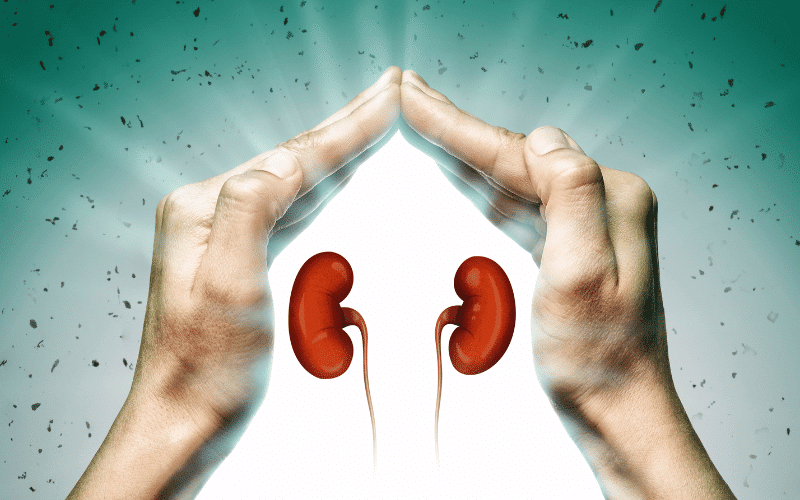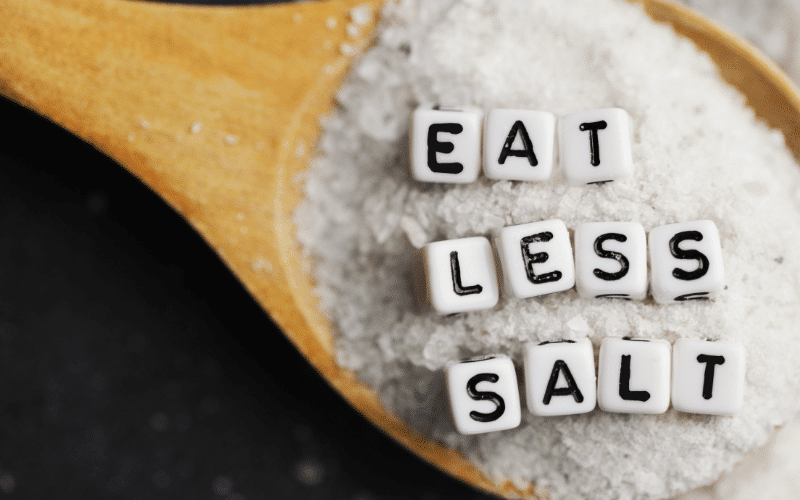Introduction: Setting the Stage for Kidney Health

The importance of a renal diet for individuals with kidney issues cannot be overstated. By following a specialized diet, you can reduce the workload on your kidneys and prevent further damage. In this article, we present the top 10 foods to avoid and essential renal diet restrictions, providing you with the necessary knowledge to make informed decisions about your kidney health.
Following a renal diet can be challenging, especially when you’re trying to decipher food labels and ingredient lists. As you read on, you’ll learn about the specific foods to avoid and the reasons behind these restrictions. With this information, you’ll be well-equipped to make better choices and maintain optimal kidney function.
When approaching a renal diet, it’s crucial to understand that not all nutrients are created equal. Some, like sodium and potassium, need to be limited, while others, such as high-quality proteins and specific vitamins, should be included in your diet. This article will guide you through the nuances of a renal diet to help you make the best choices for your kidney health.
Lastly, it’s essential to remember that individual needs may vary. While this article provides a general overview of the top 10 foods to avoid and renal diet restrictions, you should always consult with a healthcare professional or a registered dietitian to tailor a diet plan specific to your needs. Let’s dive into the top 10 foods to avoid and essential renal diet restrictions.
1. Sodium Overload: Navigating the Salty Minefield

The first food group to avoid on a renal diet is those high in sodium. Consuming excessive sodium can lead to increased blood pressure and fluid retention, both of which can damage your kidneys. Processed foods, canned goods, and restaurant meals are notorious for their high sodium content, making them prime candidates to avoid.
To navigate this salty minefield, start by reading food labels and checking sodium content. Opt for low-sodium or sodium-free alternatives whenever possible. You can also experiment with different herbs and spices to add flavor without the need for salt. In addition, try incorporating more fresh, whole foods into your diet, as they typically contain less sodium than their processed counterparts.
When dining out, don’t be afraid to ask your server for a low-sodium meal option or request that your dish be prepared without added salt. Many restaurants are accommodating to such requests, making it easier for you to maintain your renal diet while eating out. (1)